President Trump took his first steps toward implementing his economic agenda Monday, signing an executive action removing the U.S. from a planned free trade deal and meeting with some of the country’s top business leaders.
On Monday, Trump fulfilled a core campaign promise to end U.S. participation the Trans-Pacific Partnership, the accord negotiated by the Bush and Obama administrations that has been held up by bipartisan opposition in Congress amid renewed populist and protectionist fervor.
The Obama Administration advocated for the 12-country regional free trade agreement, arguing it was a vital national security priority to compete with a rising China.
But both Trump and campaign rival Hillary Clinton opposed it, arguing that it didn’t sufficiently protect American workers. Trump, in particular, frequently railed against the TPP on the campaign trail and promised to seek one-on-one agreements with other countries instead.
“A great thing for the American worker we just did,” he said in the Oval Office as he signed the memorandum.
Trump’s decision on TPP codifies his shift away from his party’s traditional stance in promotion free trade. More conventional Republicans, including Sen. John McCain, condemned the withdrawal from TPP. Speaker of the House Paul Ryan issued a statement praising Trump’s other actions, but didn’t explicitly mention the trade deal, which he supported.
“President Trump is wasting no time acting on his promises,” Ryan said.
Trump announced Sunday that he will be meeting in the coming weeks with Canadian Prime Minister Justin Trudeau and Mexican President Enrique Peña Nieto to discuss overhauling the North American Free Trade Agreement, a trade deal between the three countries signed by President Clinton.
Trump began his first weekday in the White House hosting a breakfast meeting with a dozen CEOs, including SpaceX’s Elon Musk and Ford’s Mark Fields to discuss stimulating the nation’s manufacturing sector. Trump invited news cameras to cover his remarks on the subject for more than 10 minutes, as he pledged to support the American industrial base, another central campaign theme.
“It’s what the people wanted,” Trump said in the Roosevelt Room. “It’s one the reasons I’m sitting here instead of someone else sitting here. I think it’s something I’m good at.”
Trump reiterated his promise to cut personal and corporate tax rates, “massively,” saying, “We’re trying to get it down to anywhere from 15 to 20 percent.” Trump added that he also intends to cut government regulations. “We think we can cut regulations by 75 percent,” he said. “Maybe more.”
On both fronts, Trump was silent on the details, offering little guidance on how he intends to fill the budget shortfall the tax cuts would create or which regulations he intends to cut. On Friday, his chief of staff Reince Priebus ordered an immediate regulatory freeze to allow the new administration to study new orders.
Trump also warned the CEOs against outsourcing jobs or manufacturing, repeating a campaign pledge that they would be subject to a “border tax.” “If that happens, we are going to be imposing a very major border tax on the products when it comes in.”
Trump informed the CEOs that he intends to follow up with them frequently.
“We’ll have these meetings every—whenever you need them,” Trump told the businessmen. Dow Chemical CEO Andrew Liveris told reporters that they had asked to report back to the president within 30 days on their suggestions for stimulating the economy and manufacturing. Fields, from Ford, said Trump’s rhetoric on investment and taxes “encourages all of us as CEOs as we make decisions going forward.”
On Monday, Trump also signed a memo instituting a federal hiring freeze—”except for the military,” the president clarified—as well as another reinstating the so-called Mexico City policy, prohibiting non-governmental organizations that receive U.S. funding abroad from performing or promoting abortion services.
20 Photographs That Show the Essential Donald Trump
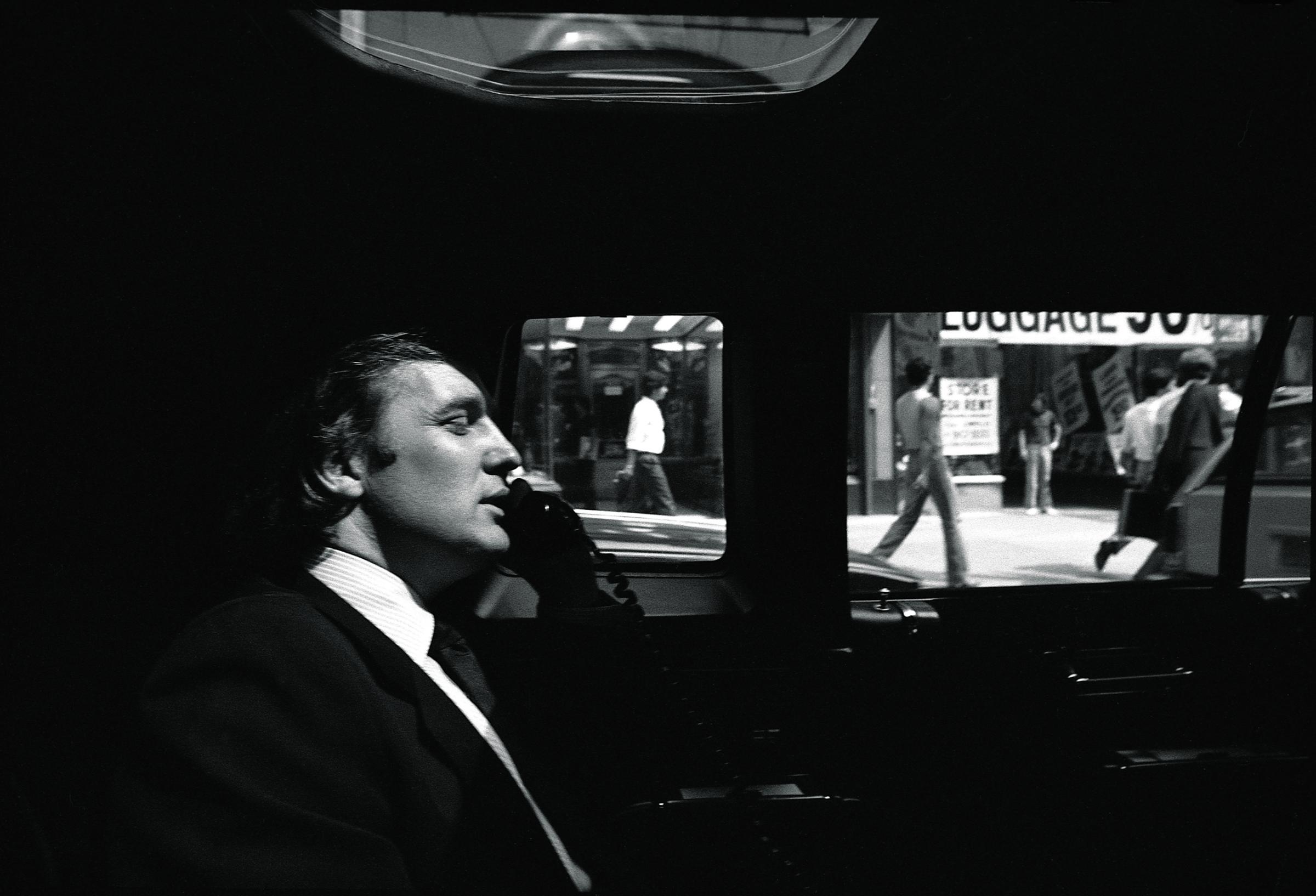
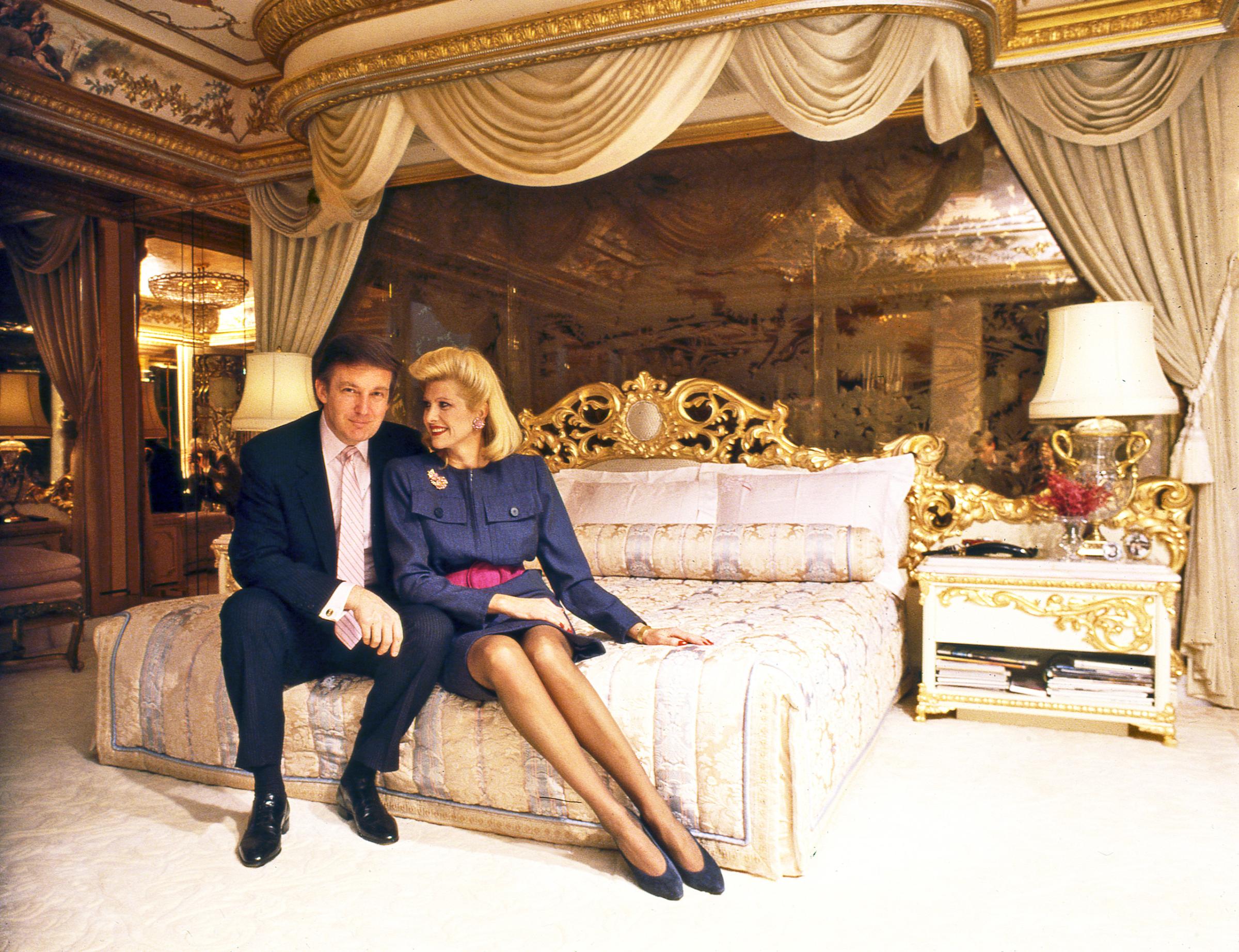
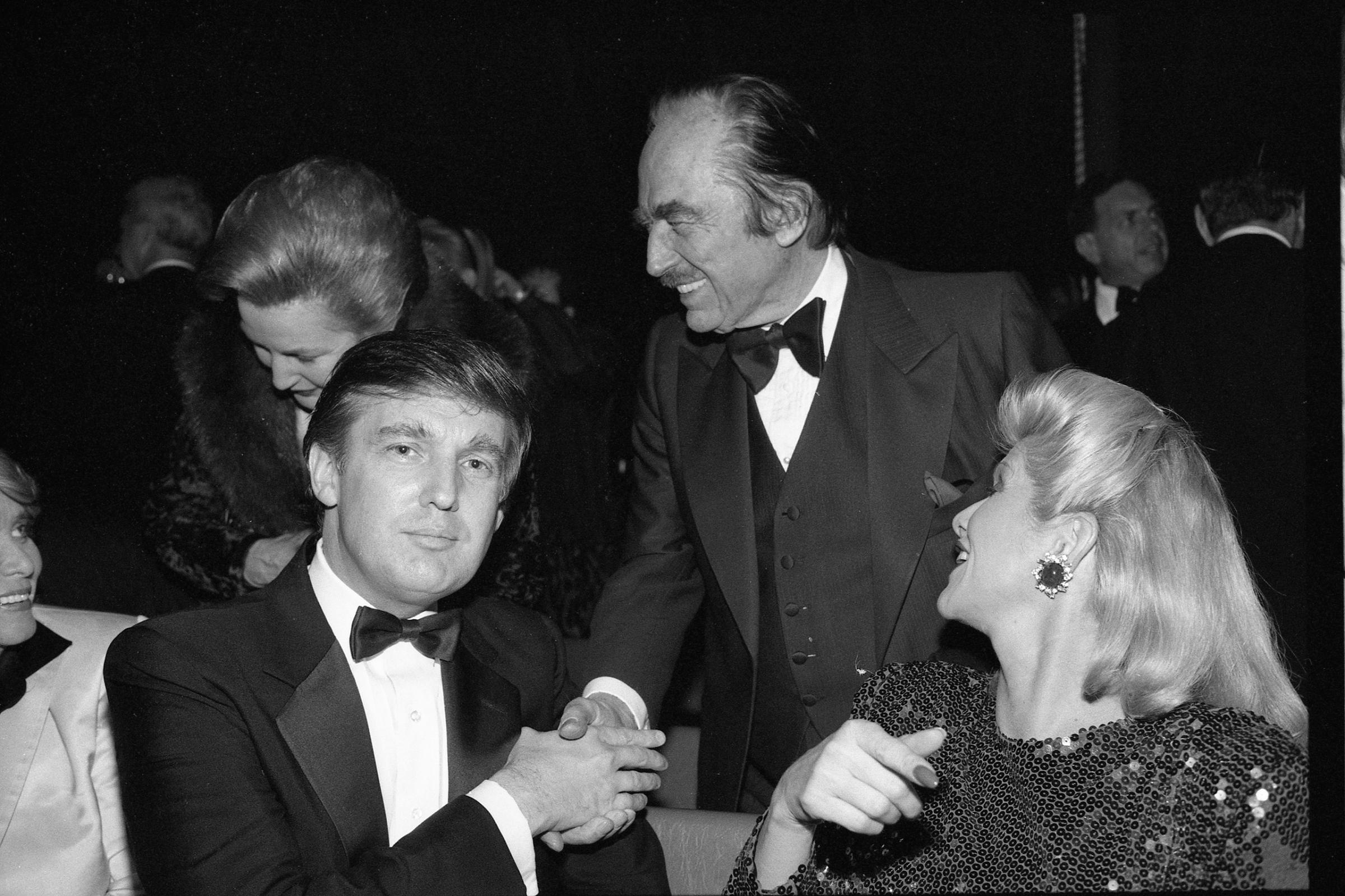

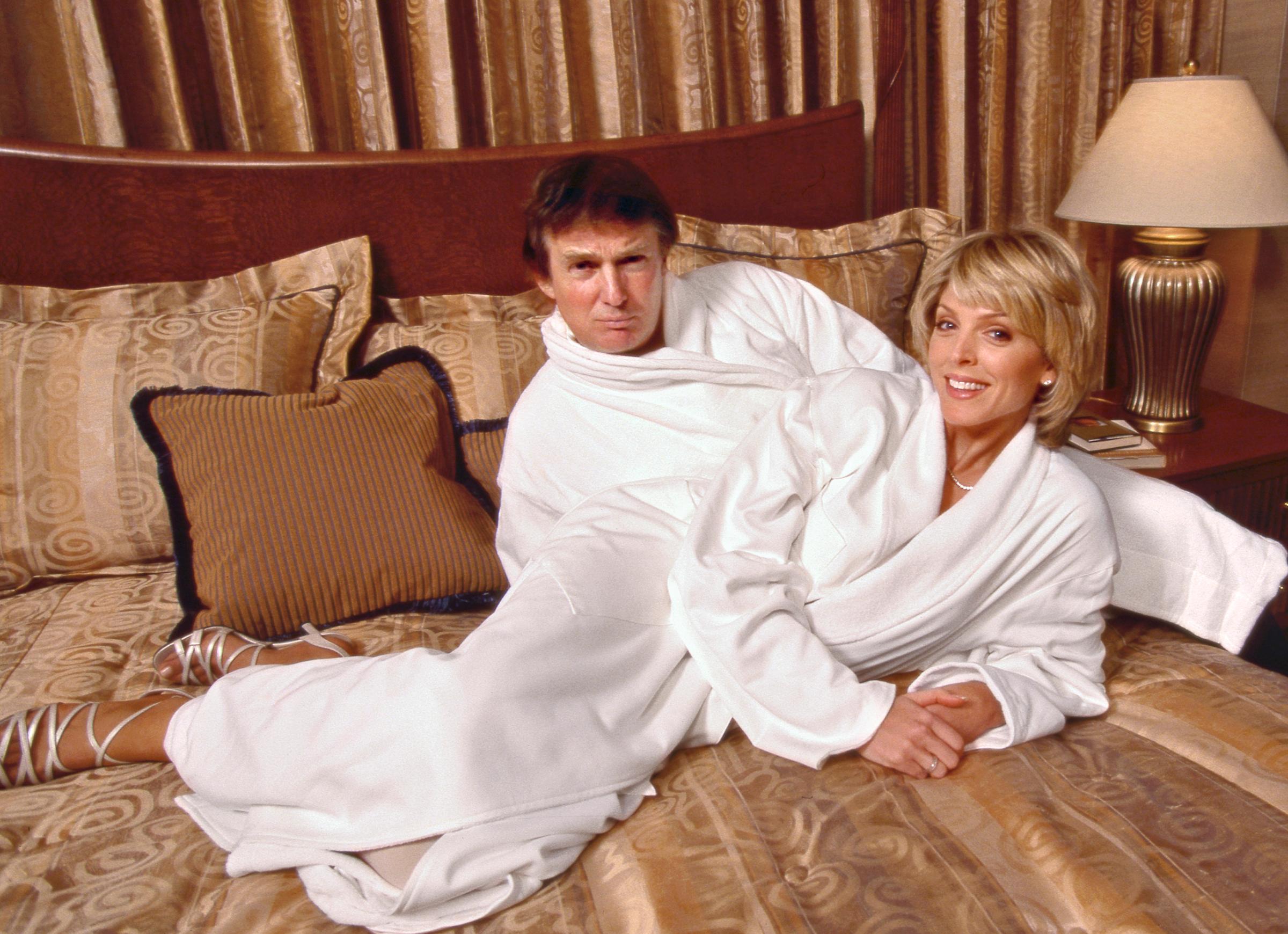
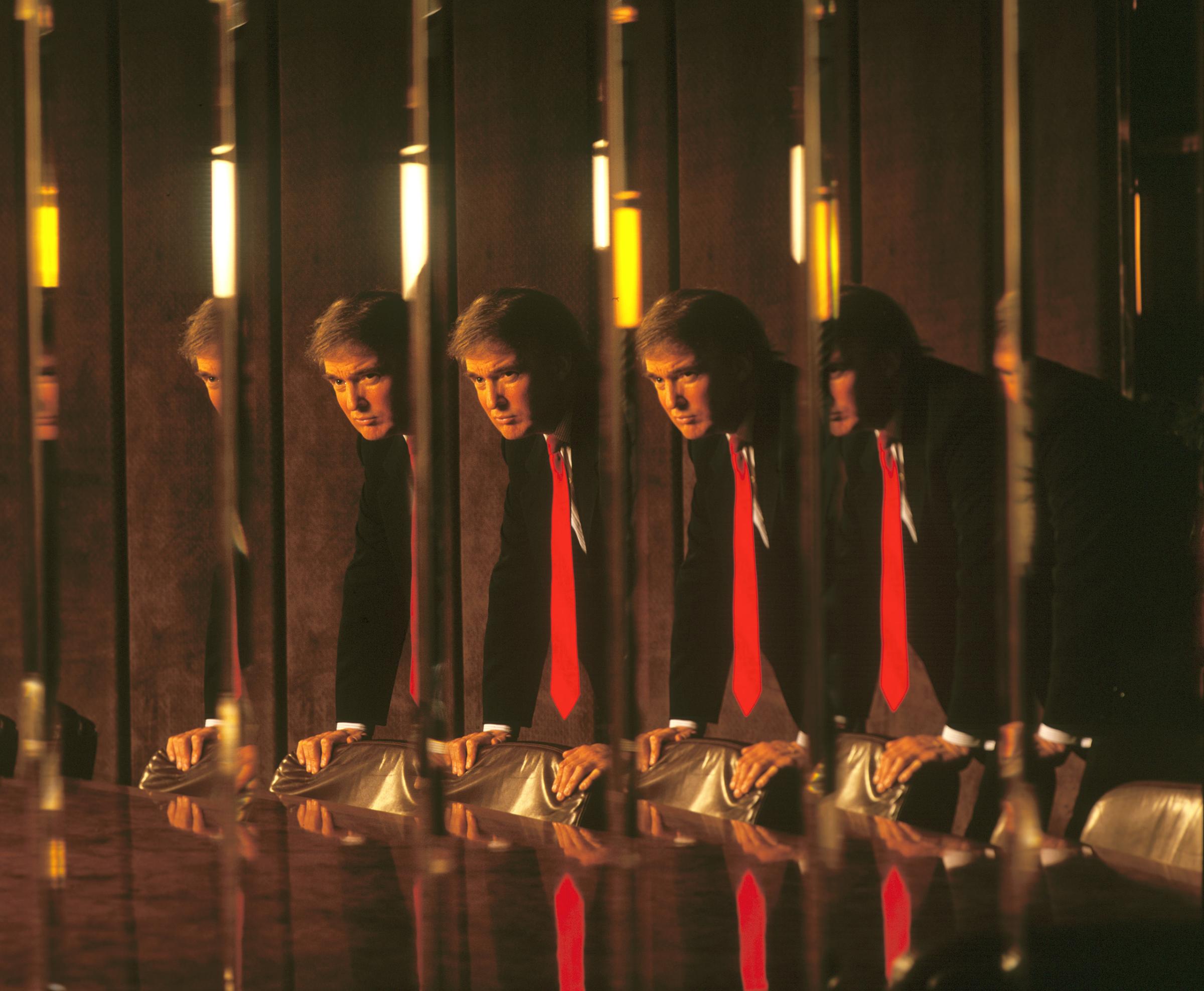
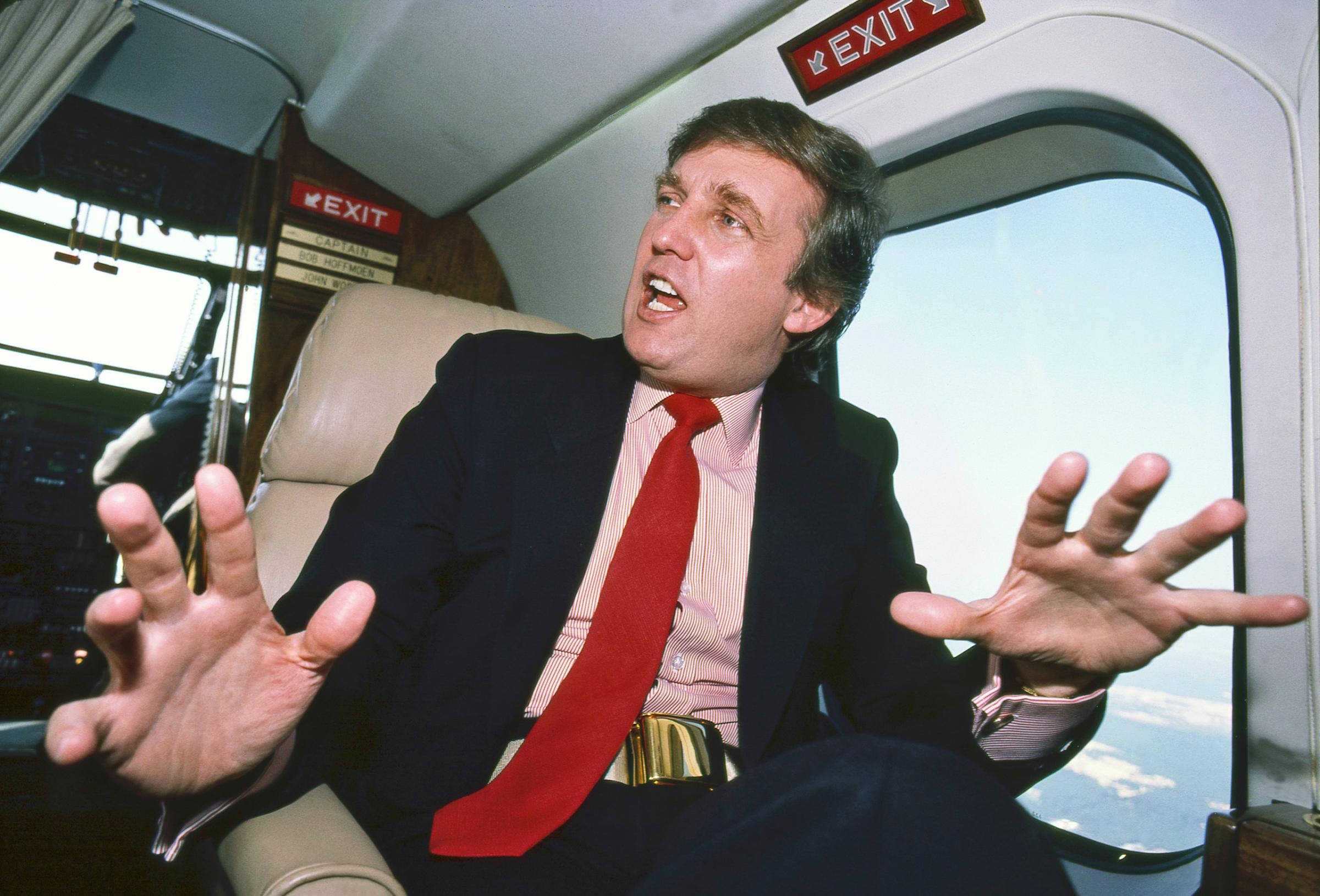
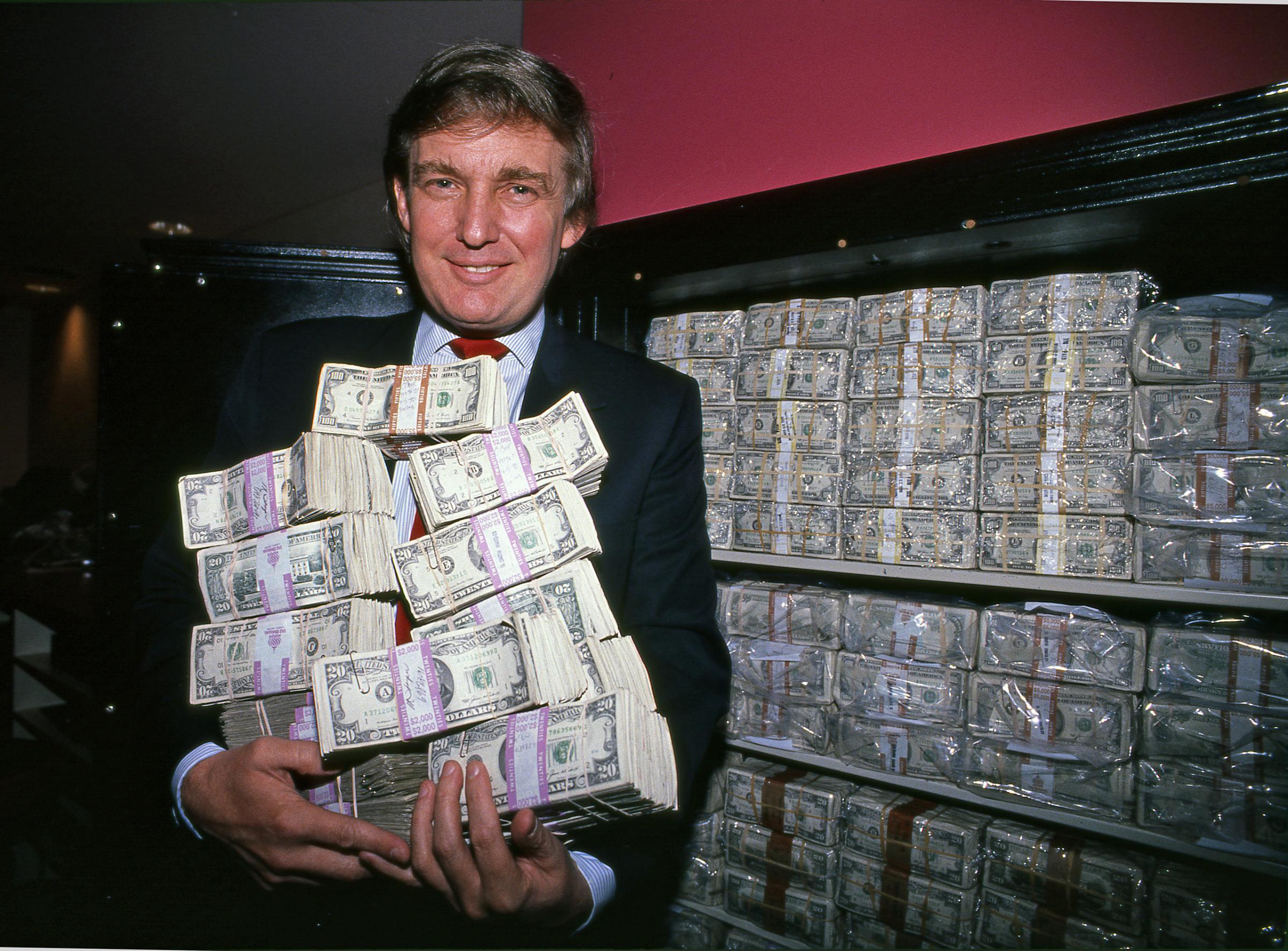
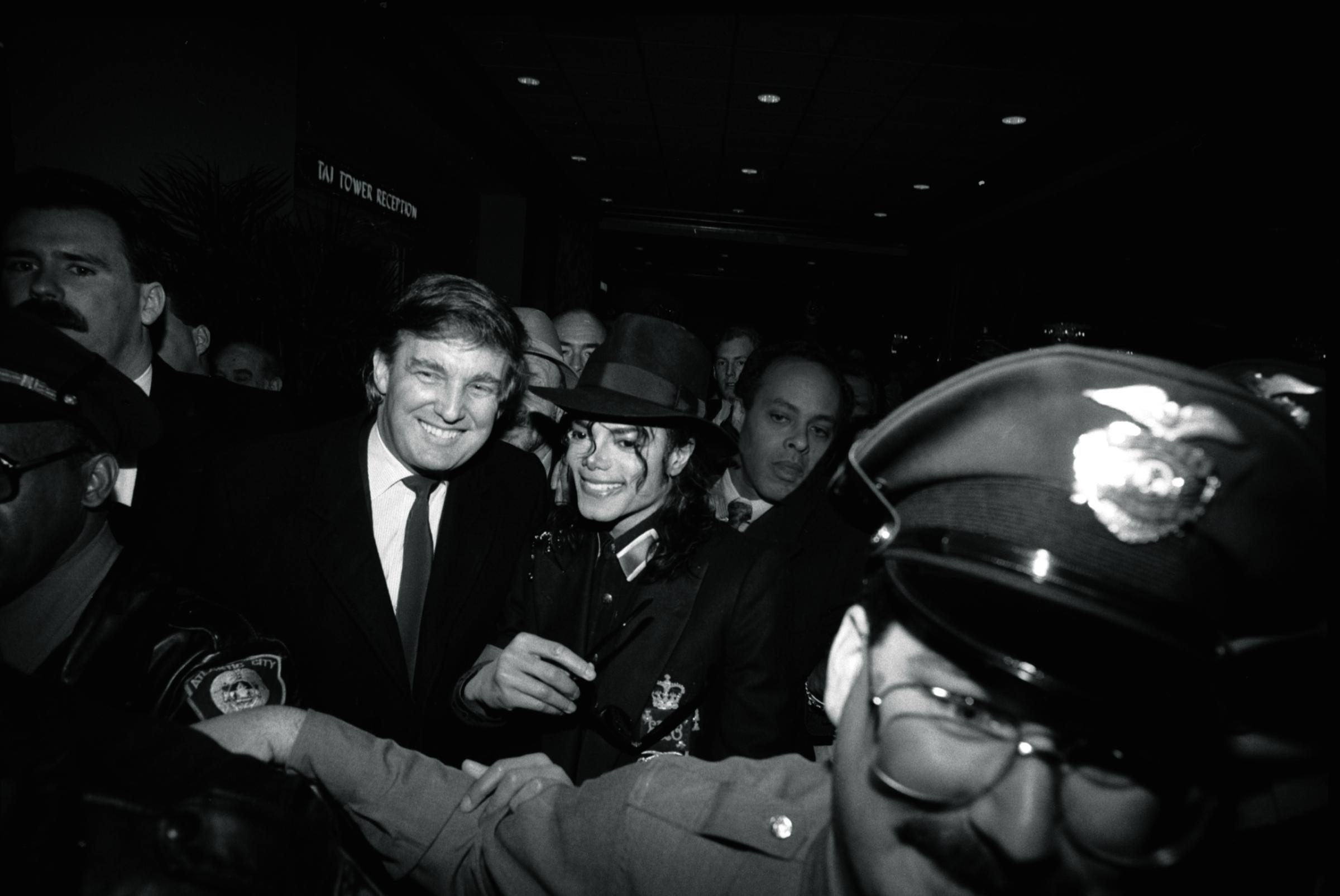

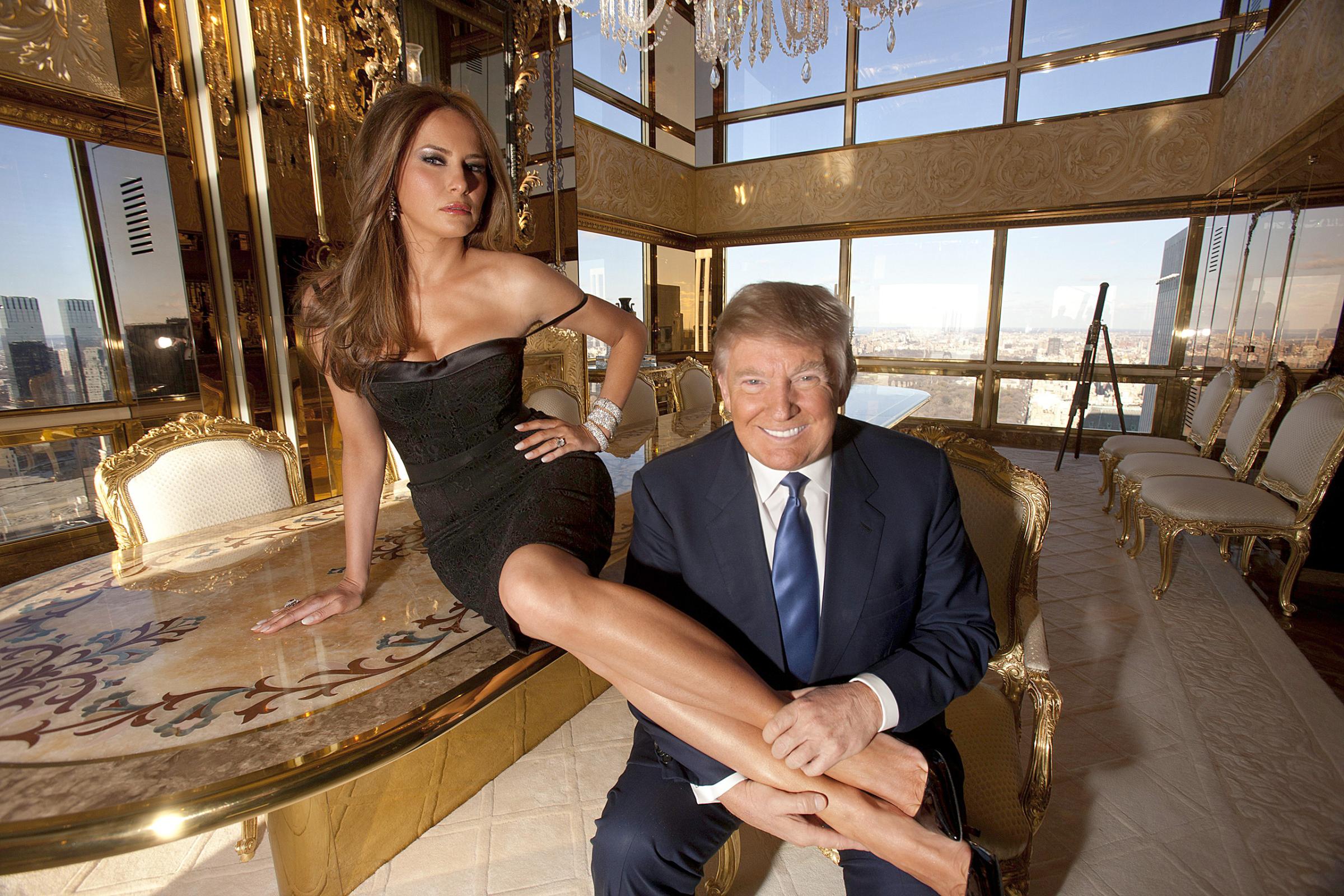
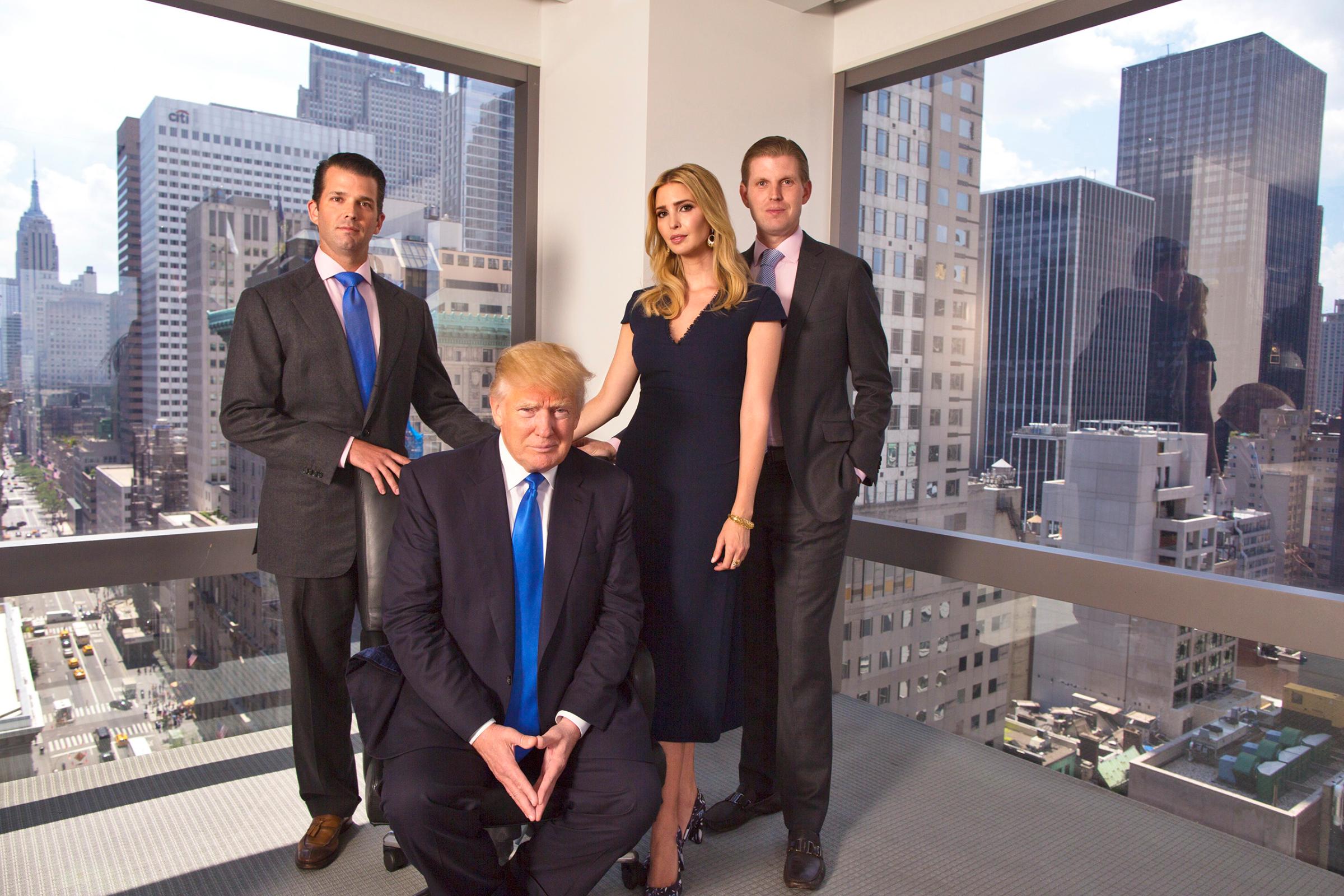
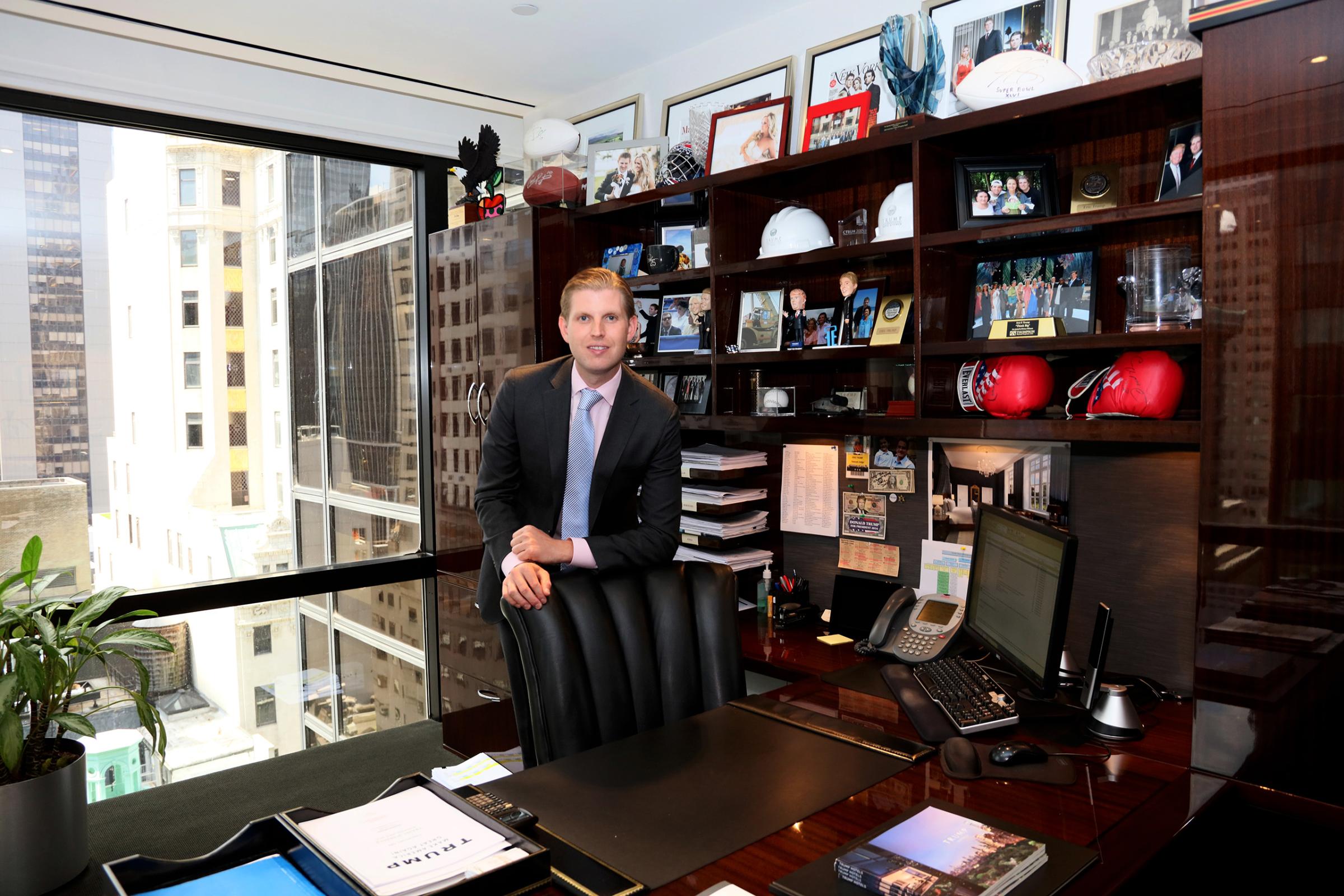
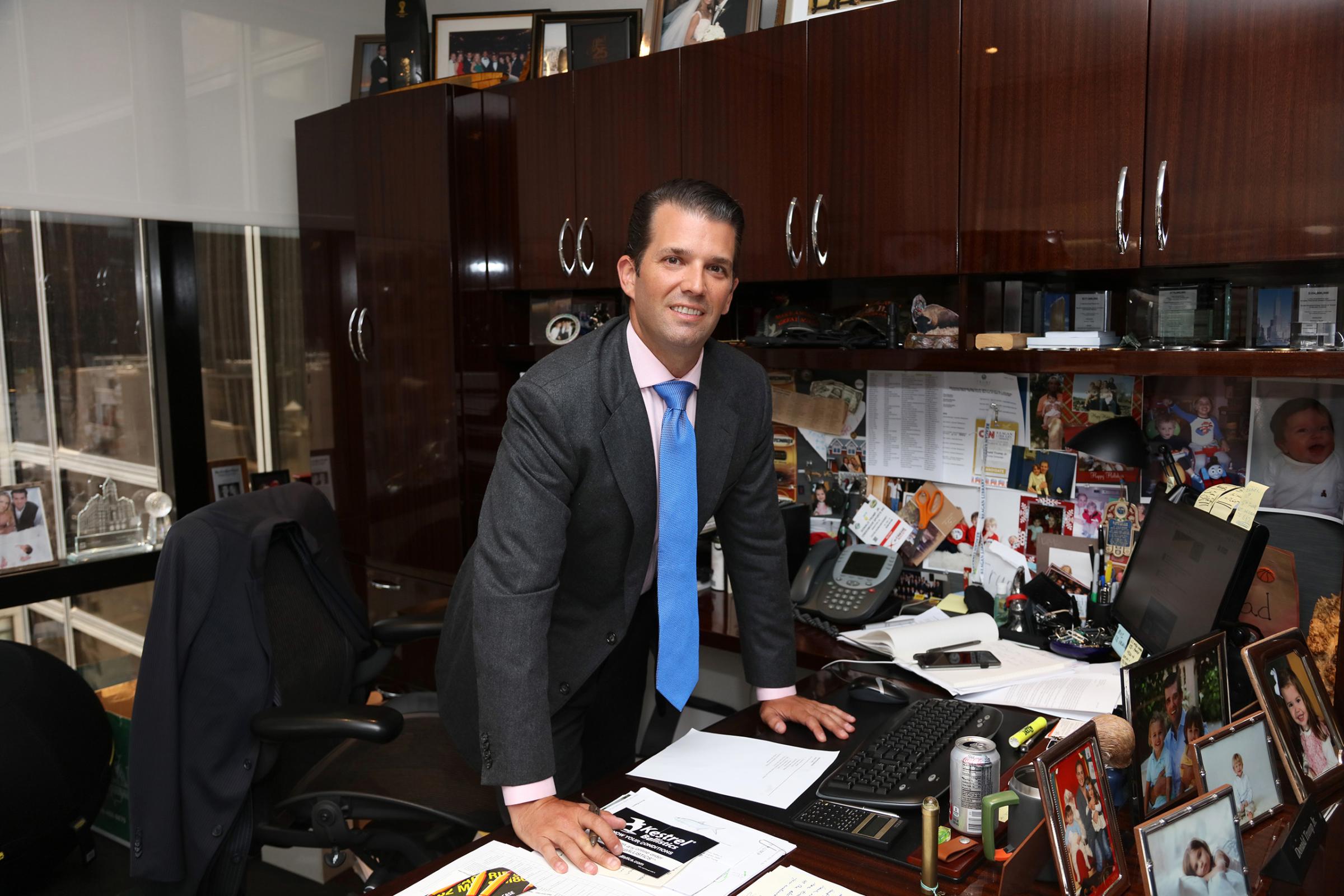
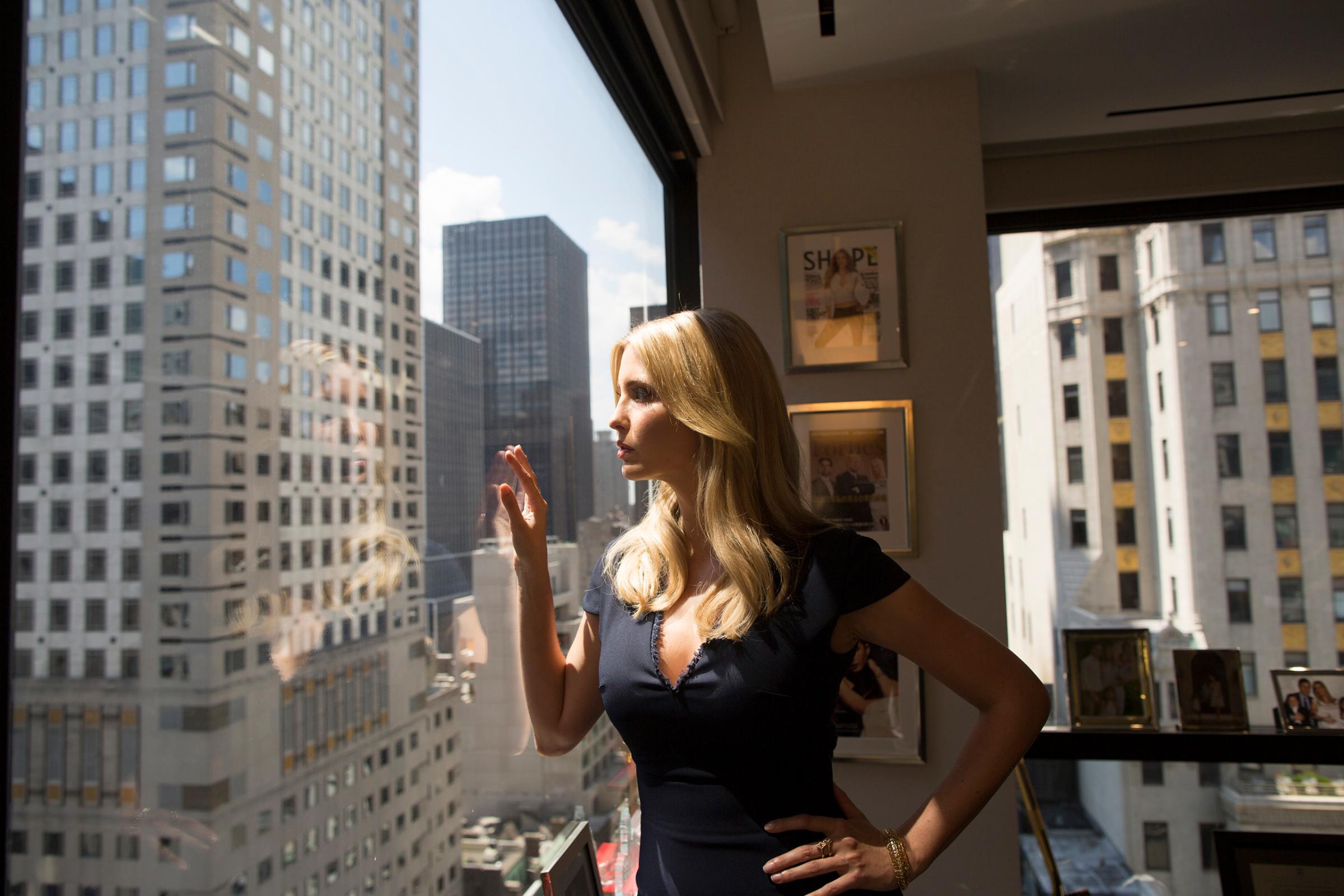
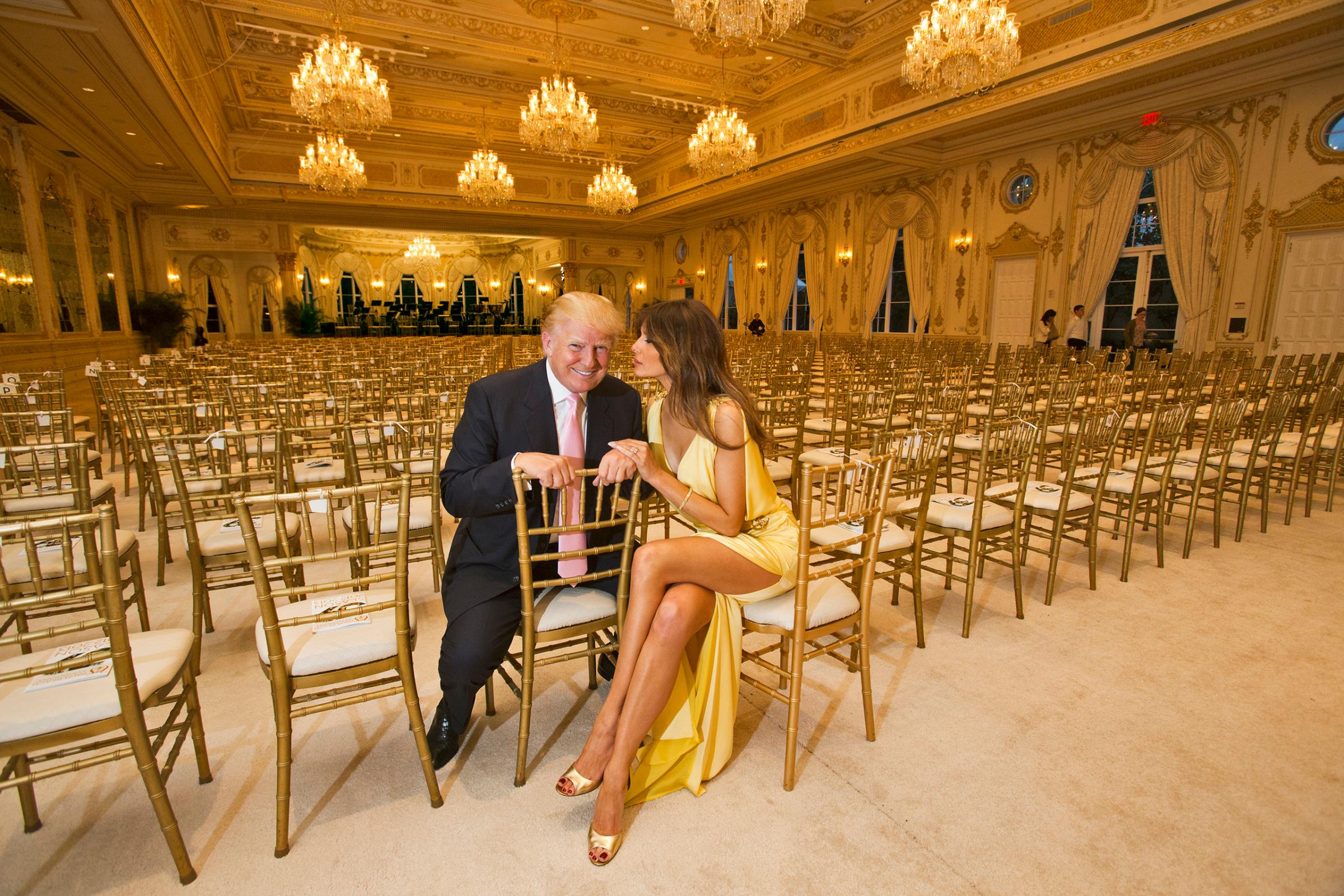
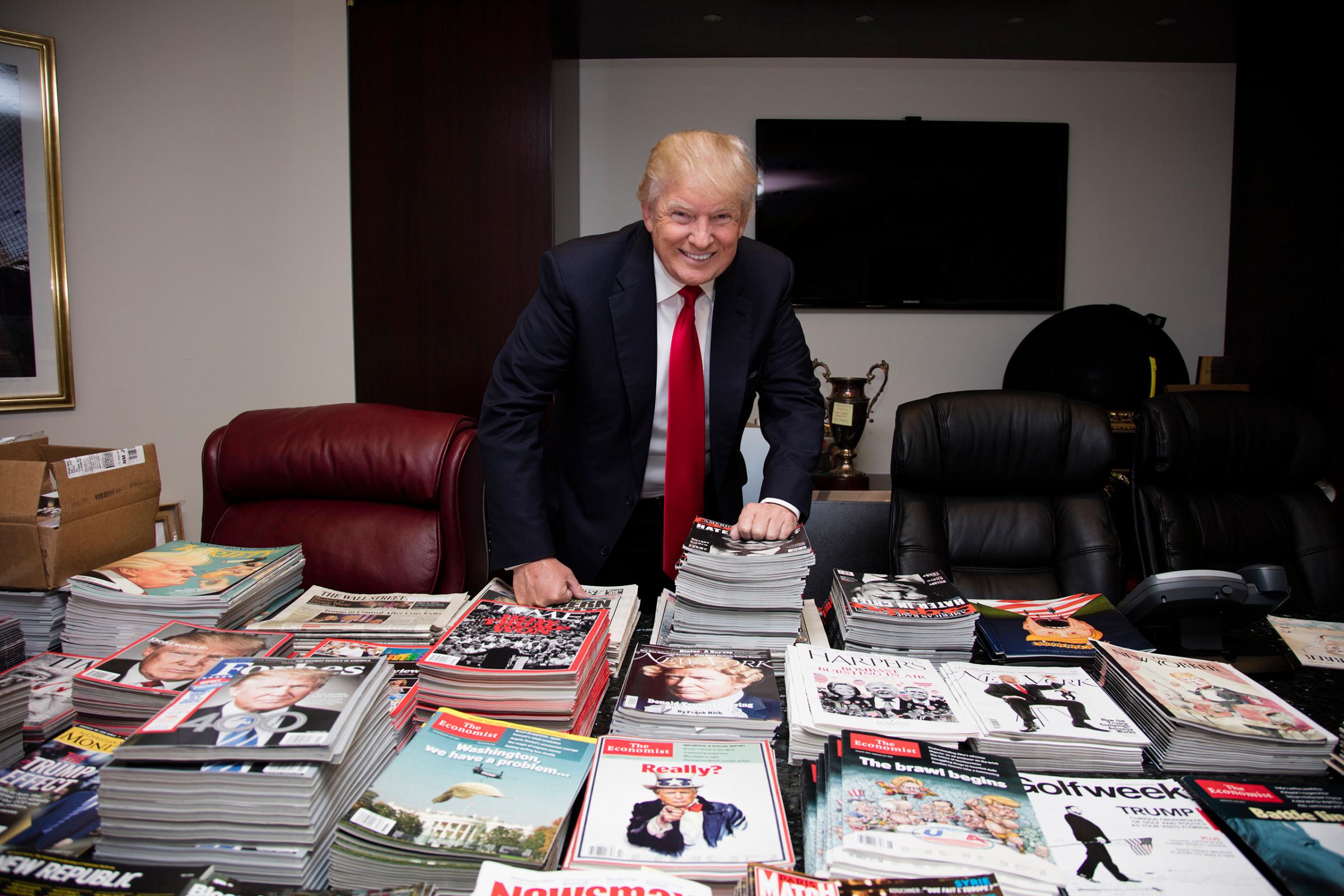
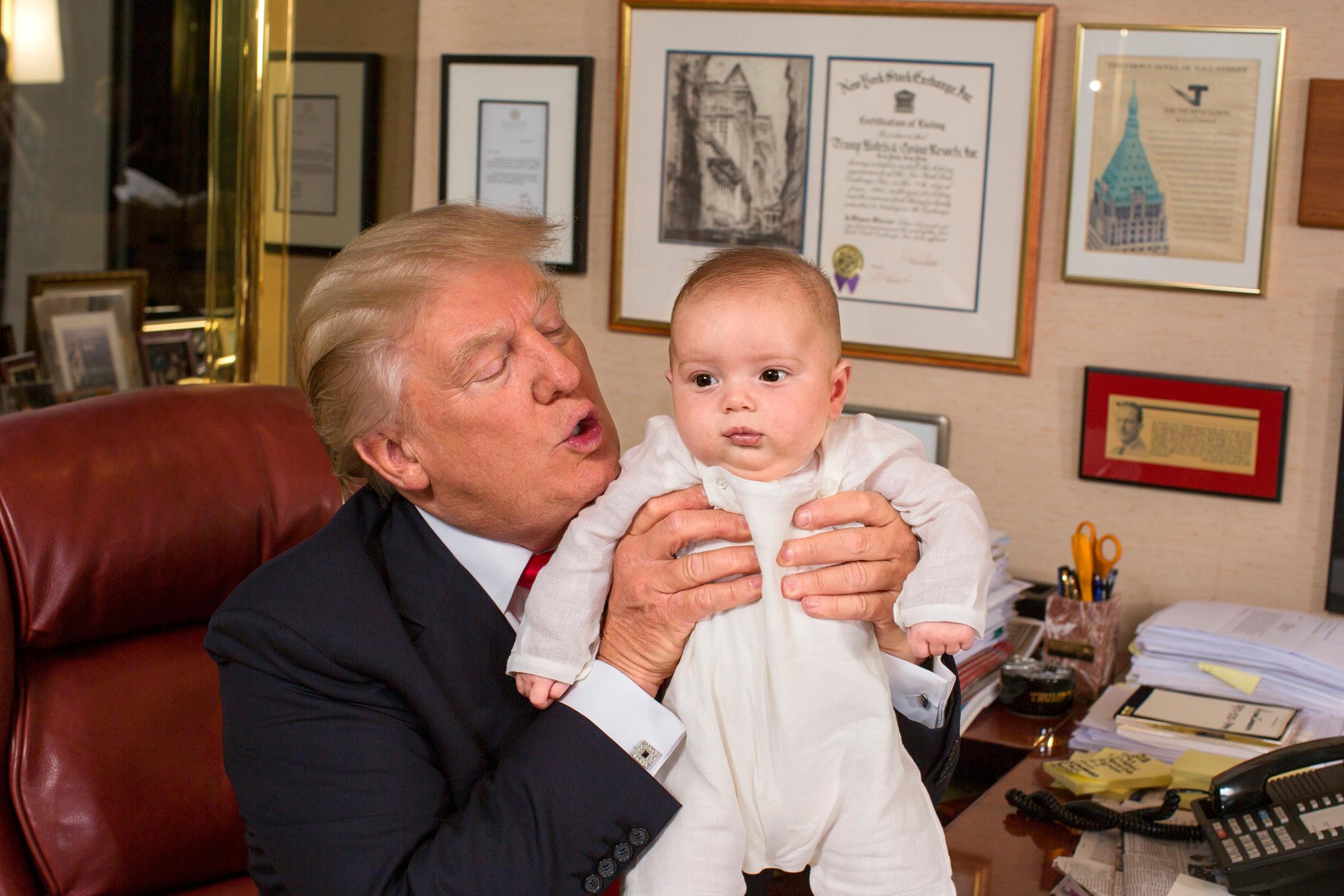
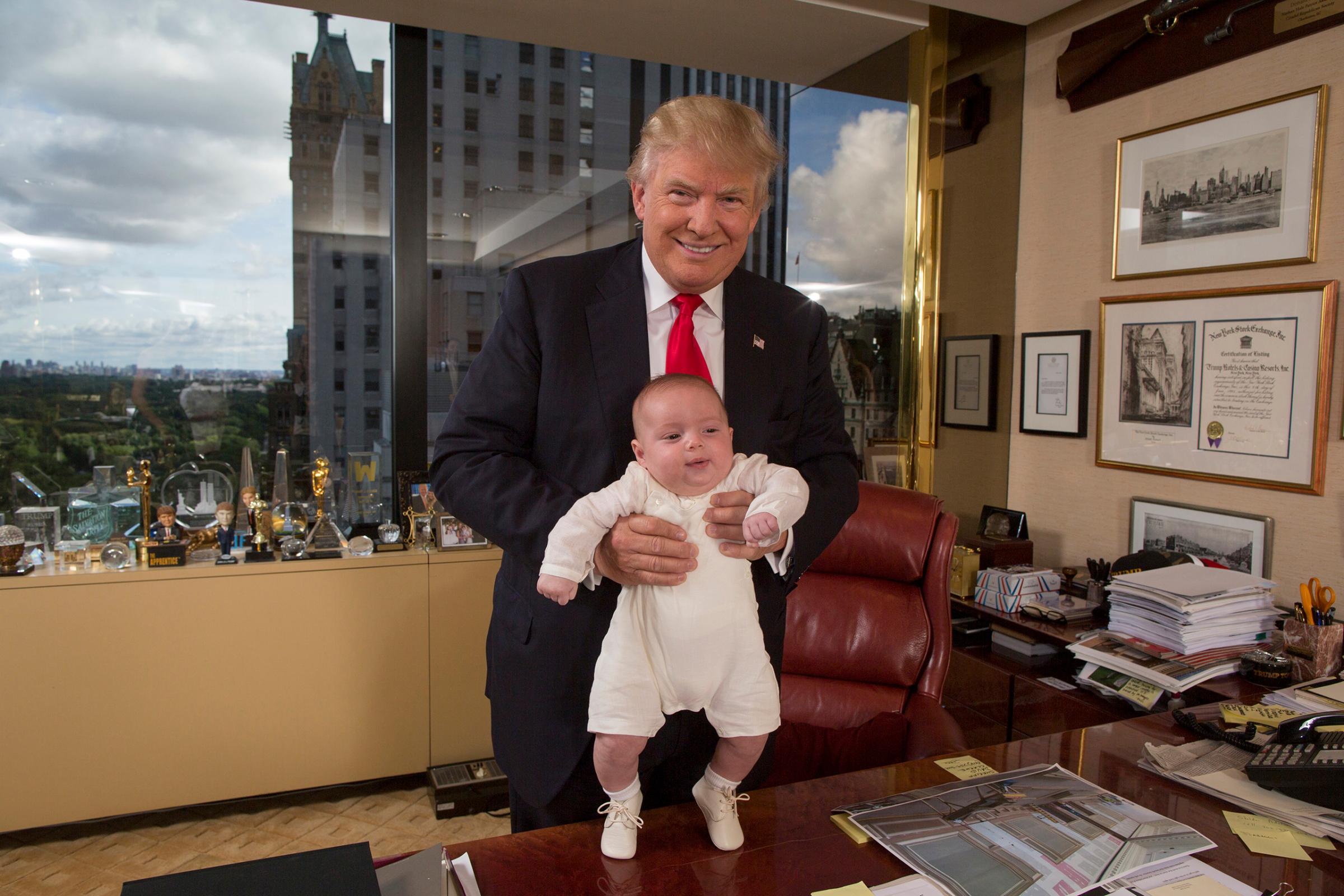
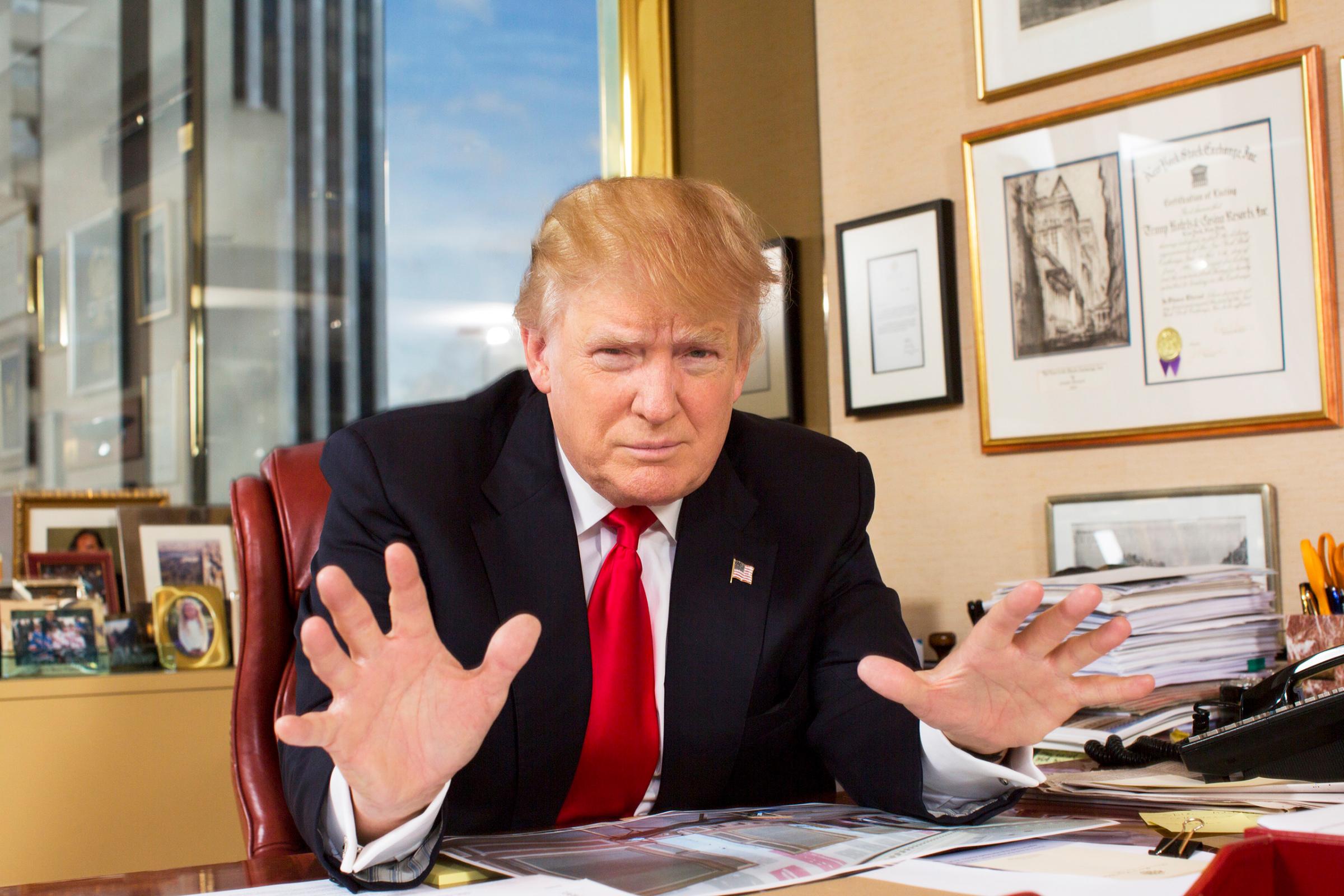
More Must-Reads from TIME
- Caitlin Clark Is TIME's 2024 Athlete of the Year
- Where Trump 2.0 Will Differ From 1.0
- Is Intermittent Fasting Good or Bad for You?
- The 100 Must-Read Books of 2024
- Column: If Optimism Feels Ridiculous Now, Try Hope
- The Future of Climate Action Is Trade Policy
- FX’s Say Nothing Is the Must-Watch Political Thriller of 2024
- Merle Bombardieri Is Helping People Make the Baby Decision
Contact us at letters@time.com